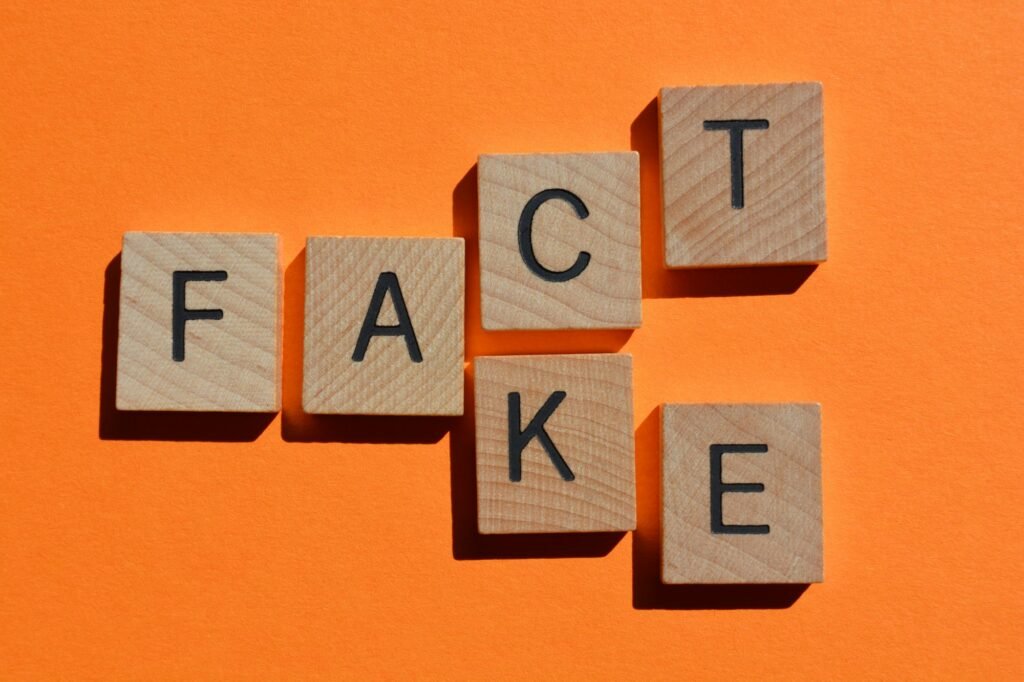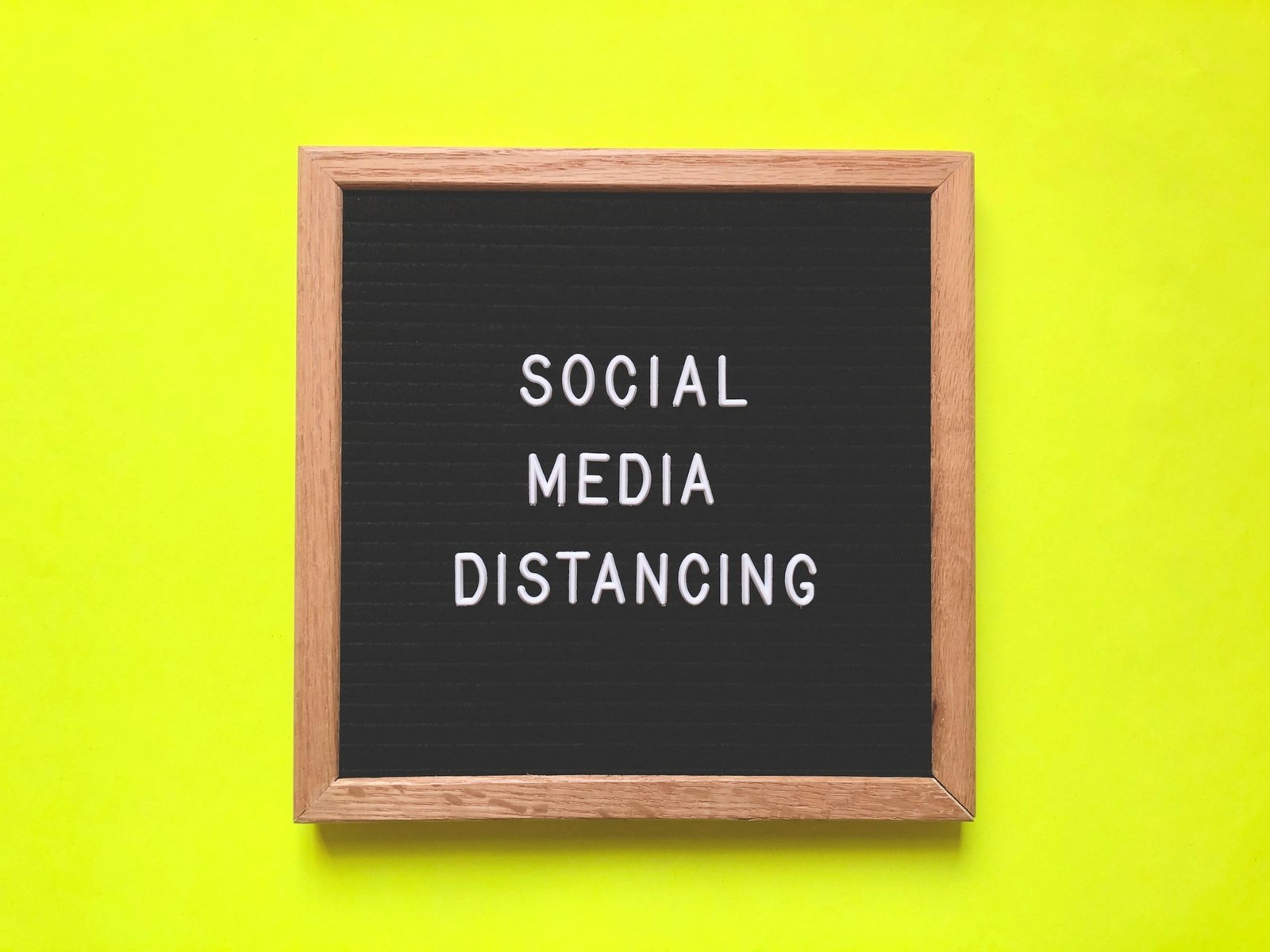The Impact of Social Media on Public Discourse
Social media platforms have undoubtedly transformed the way people communicate and engage in public discourse. While there are positive aspects to this transformation, such as the democratization of content creation, there are also negative consequences, including the spread of misinformation. In this article, we will examine both the positive and negative impacts of social media on public discourse, using relevant examples to illustrate our points.
The Democratization of Content Creation
One of the most significant positive aspects of social media is the democratization of content creation. In the past, traditional media outlets had a monopoly on the dissemination of information, with limited opportunities for individuals to contribute to public discourse. However, social media platforms have empowered anyone with internet access to become a content creator and share their thoughts, opinions, and ideas with a global audience.
For example, platforms like Twitter and Facebook have allowed activists and marginalized communities to amplify their voices and raise awareness about important social issues. Movements such as #BlackLivesMatter and #MeToo gained significant traction and sparked meaningful conversations that might not have been possible without the reach and accessibility of social media.
Moreover, social media has provided a platform for individuals to engage in political discussions and express their opinions on various matters. This has led to increased political participation and the formation of online communities centered around shared interests and beliefs.
The Spread of Misinformation
While social media has opened up avenues for public discourse, it has also facilitated the spread of misinformation. The ease and speed at which information can be shared on social media platforms have created an environment where false or misleading content can quickly go viral and reach a wide audience.
For instance, during the COVID-19 pandemic, numerous conspiracy theories and misinformation about the virus spread rapidly on social media. False claims about the origins of the virus, its transmission, and potential cures were shared widely, leading to confusion and undermining public health efforts.
Additionally, social media algorithms often prioritize engagement and sensationalism over accuracy, which can further contribute to the spread of misinformation. This can result in echo chambers, where individuals are exposed only to content that aligns with their existing beliefs, reinforcing biases and hindering constructive public discourse.
The Role of Social Media in Polarization
Another negative impact of social media on public discourse is its role in exacerbating polarization. Online platforms have become breeding grounds for echo chambers and filter bubbles, where individuals are primarily exposed to content that aligns with their pre-existing beliefs. This can lead to the reinforcement of extreme viewpoints and a lack of exposure to diverse perspectives.
Moreover, the anonymity and distance provided by social media can contribute to the dehumanization of others, leading to the spread of hate speech and online harassment. This toxic environment can discourage individuals from engaging in meaningful discussions and can further polarize society.
For example, political debates on social media often devolve into personal attacks and name-calling, rather than constructive dialogue. This can hinder the exchange of ideas and prevent the exploration of nuanced perspectives, ultimately undermining the quality of public discourse.
Conclusion
Social media has undoubtedly had a profound impact on public discourse. While it has democratized content creation and provided a platform for marginalized voices, it has also facilitated the spread of misinformation and contributed to polarization. It is essential for individuals to approach social media with a critical mindset, fact-check information before sharing, and actively seek out diverse perspectives to ensure that public discourse remains constructive and informed.


